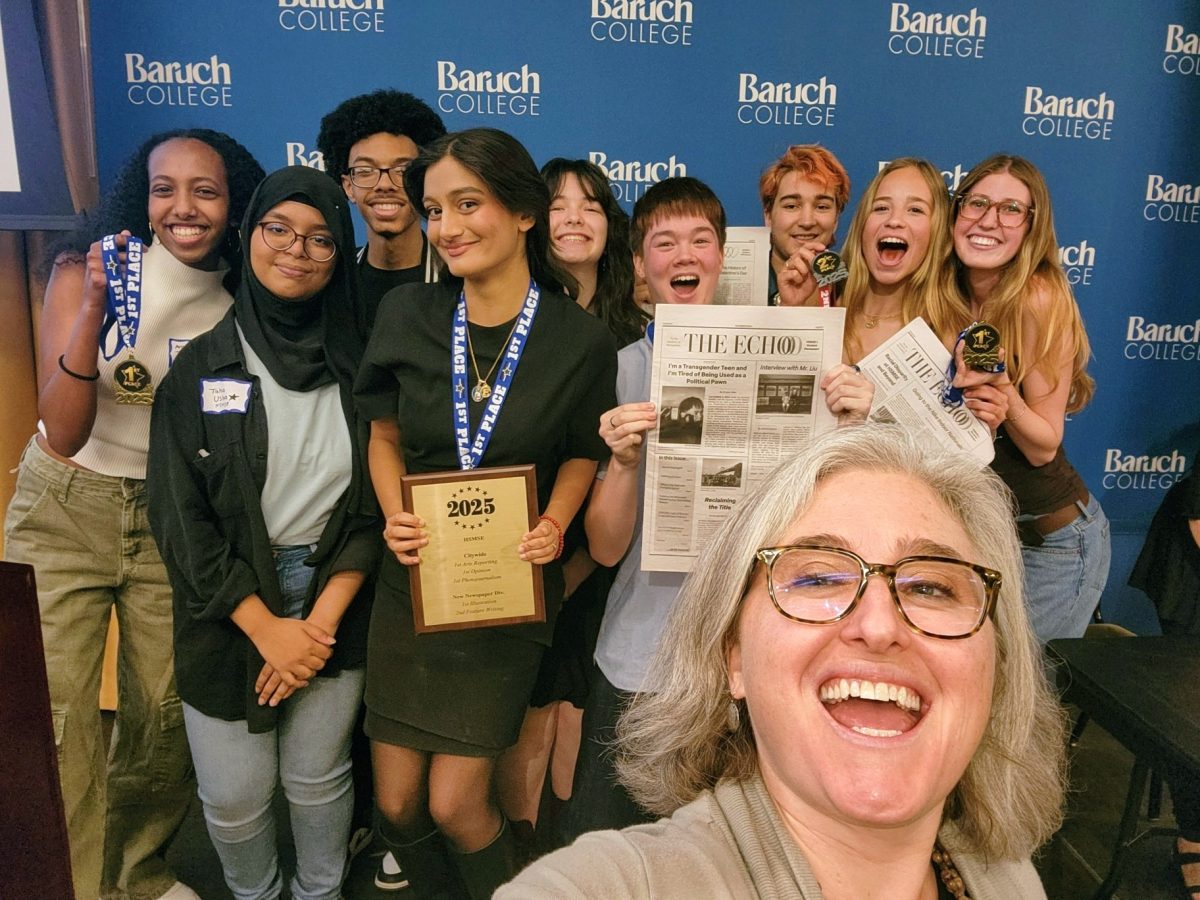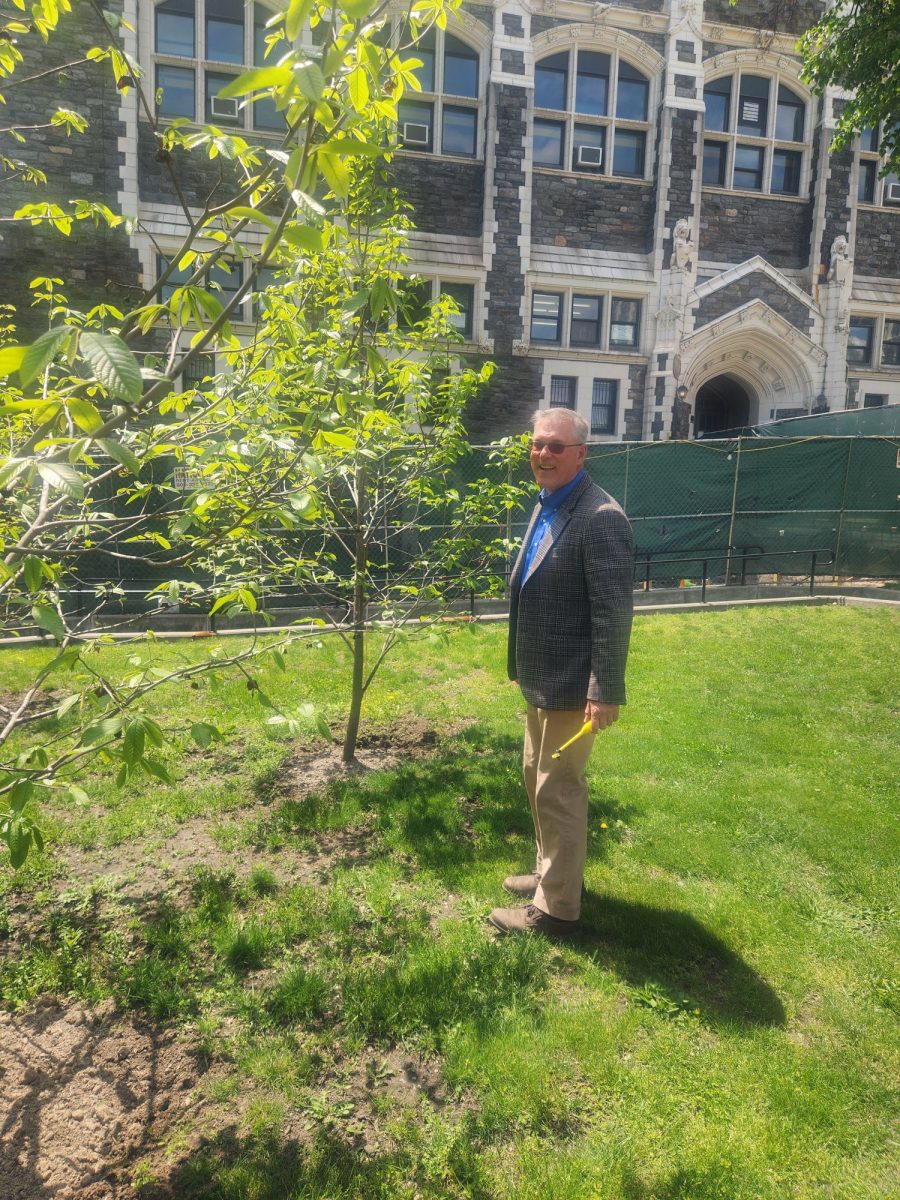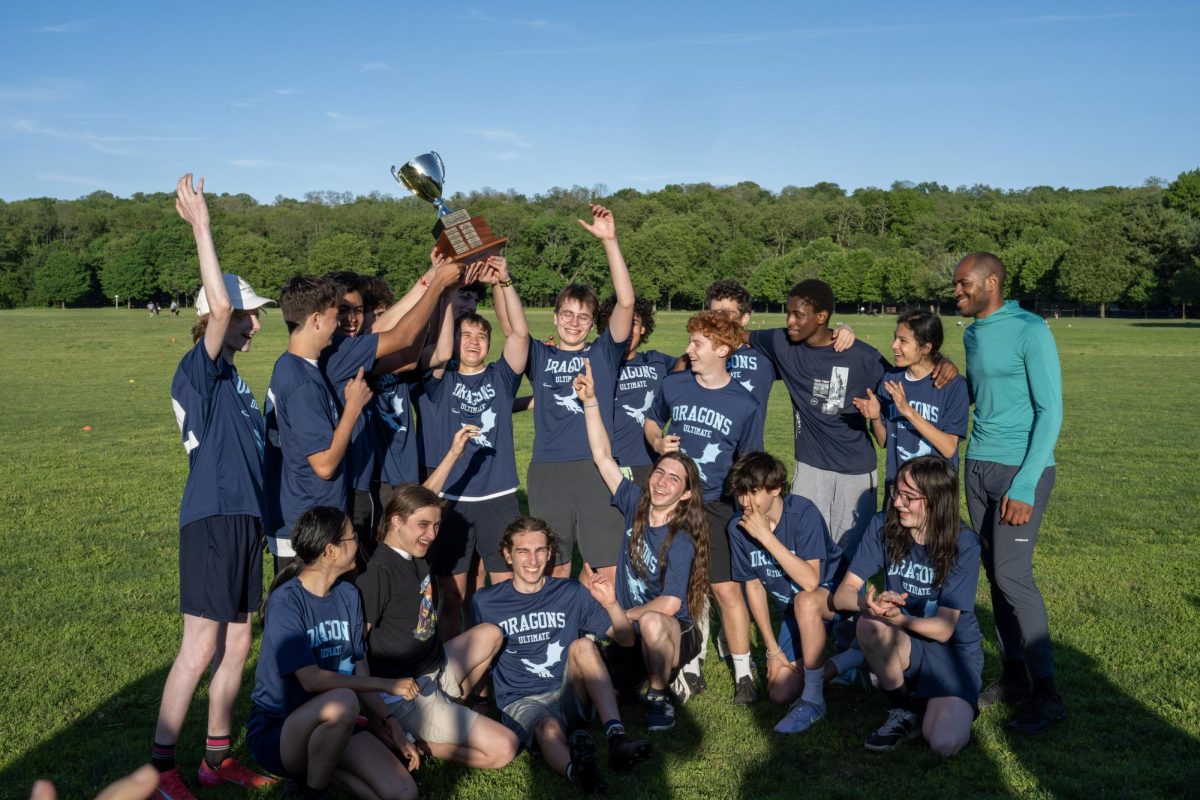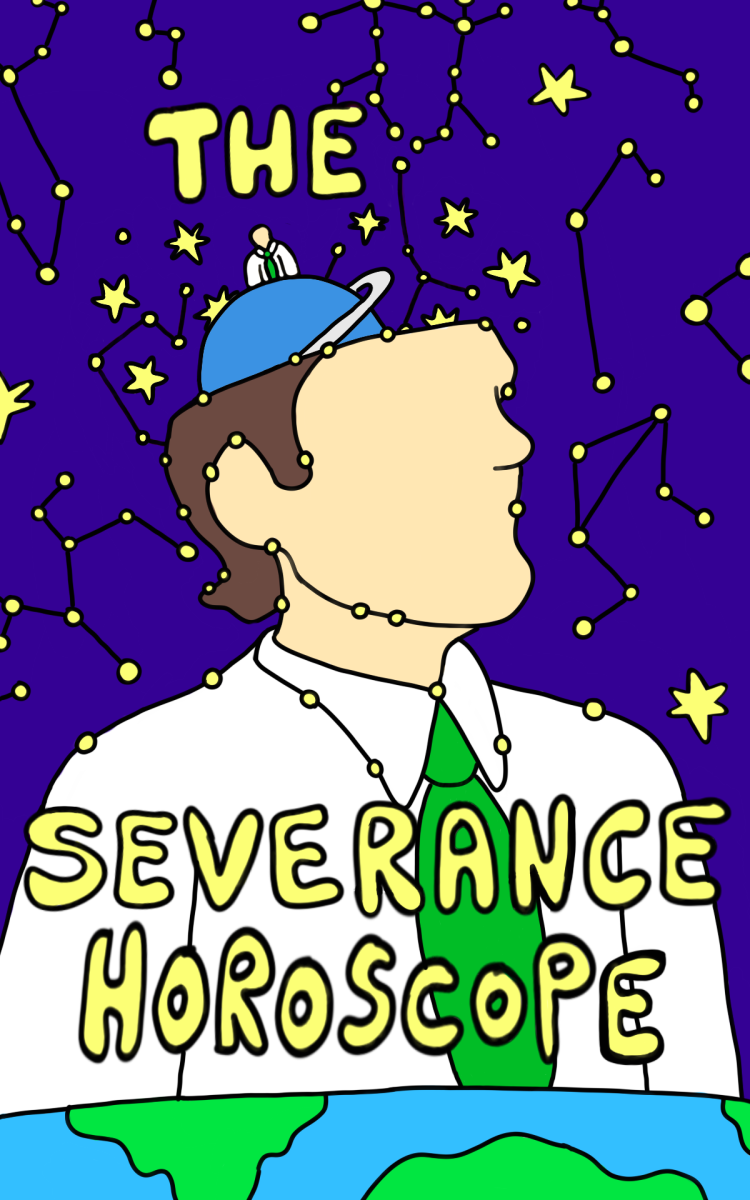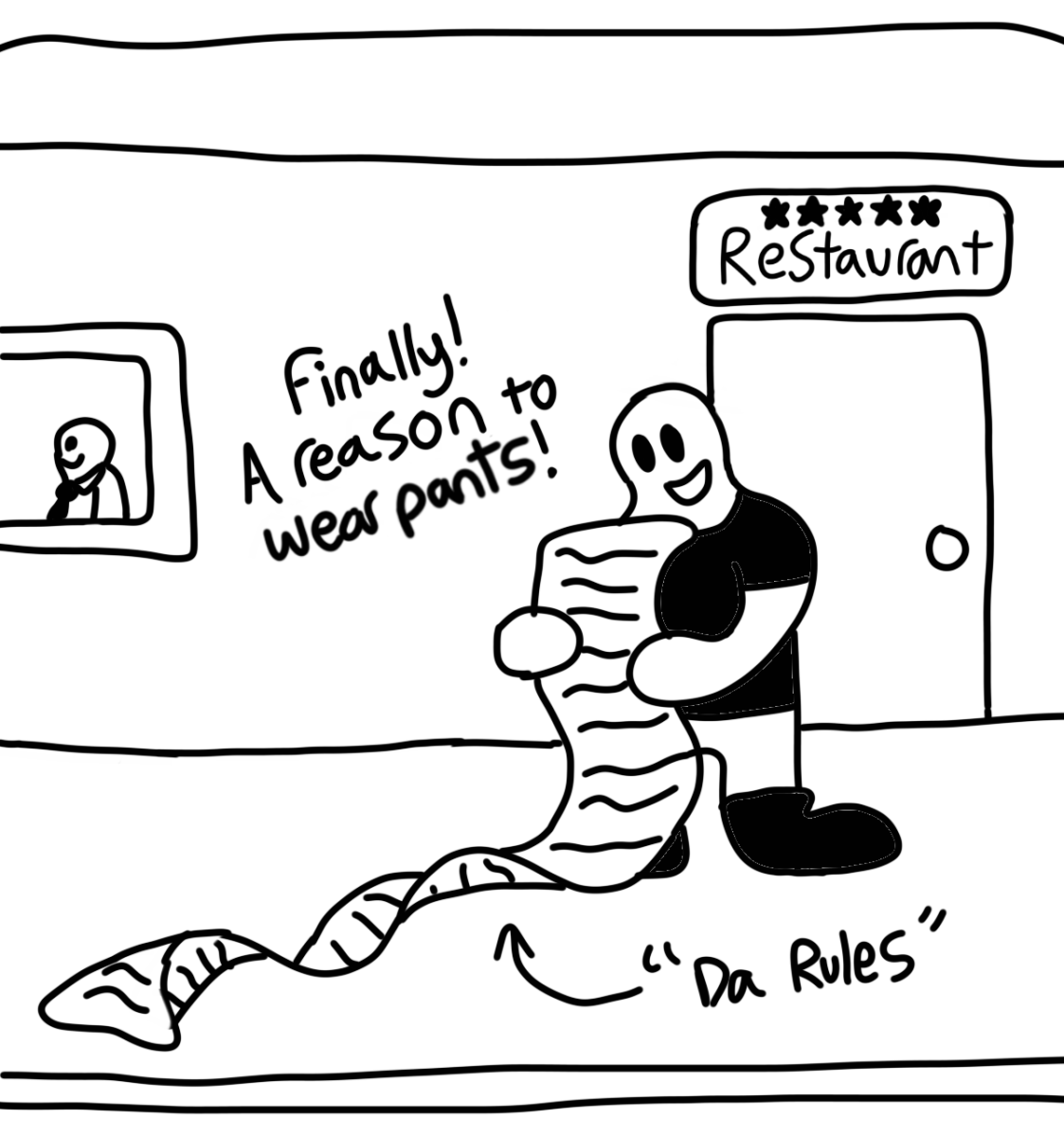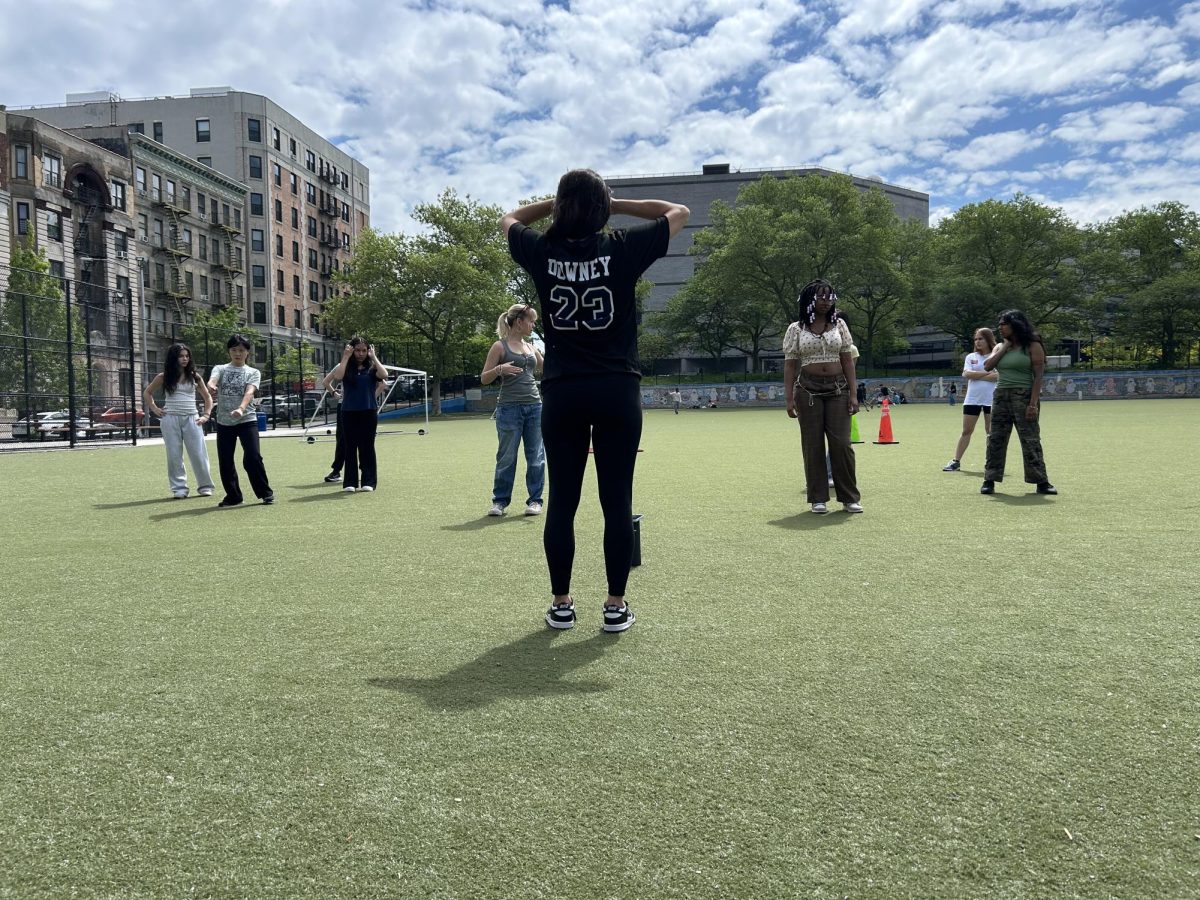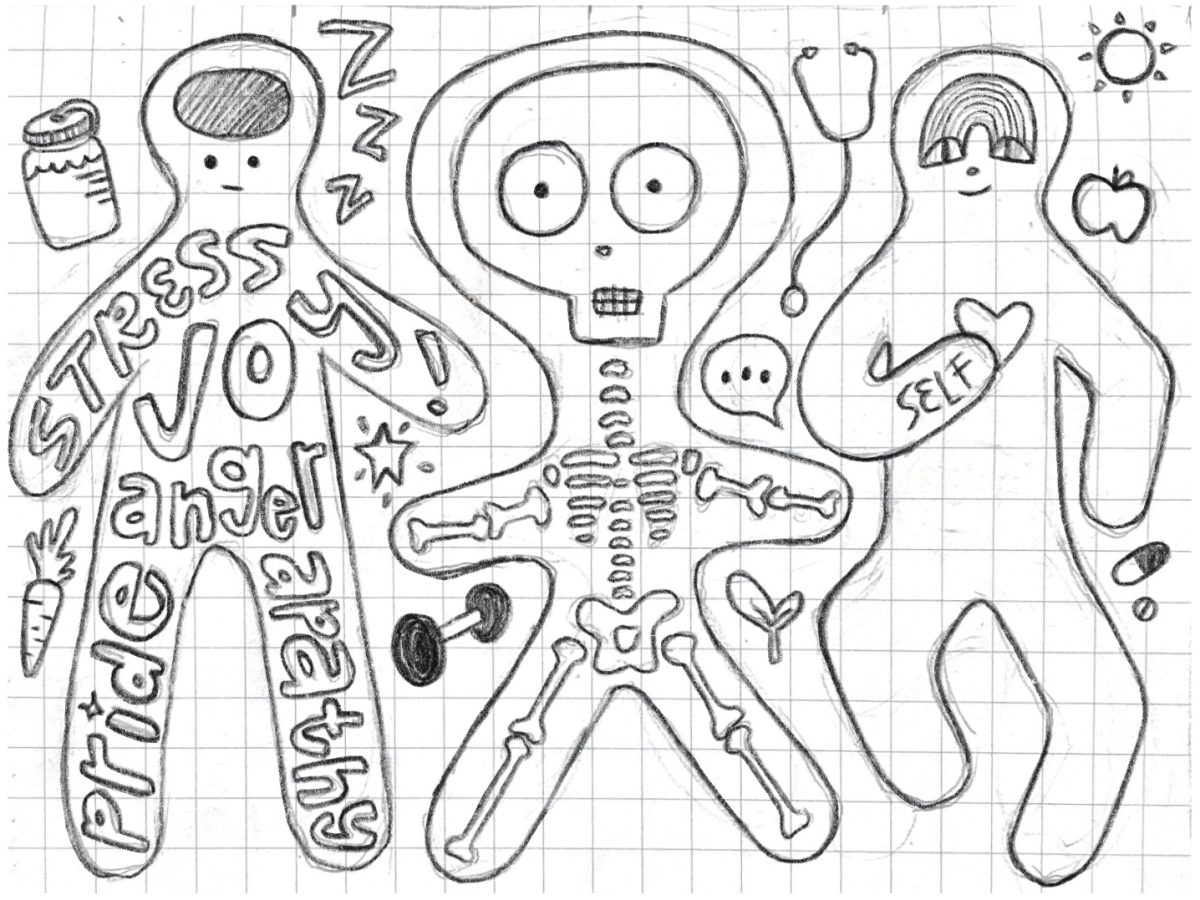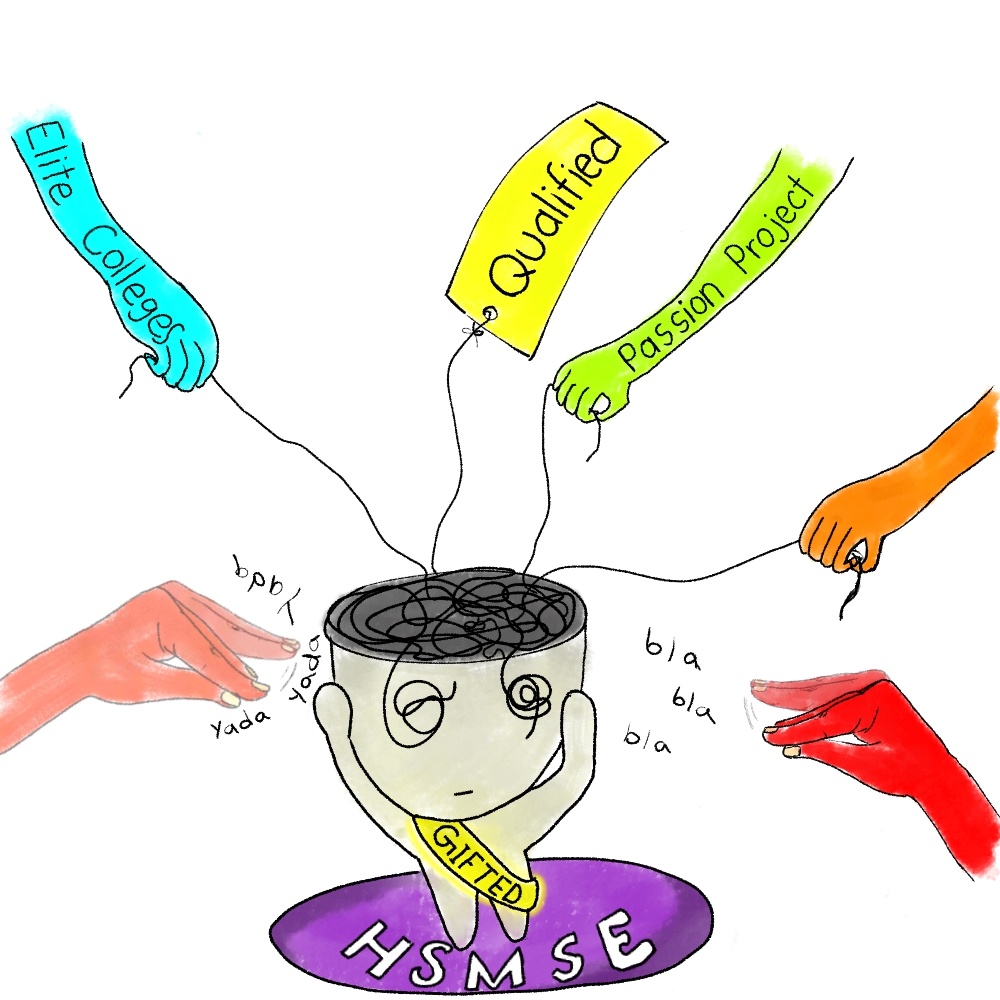I hope and doubt in equal measure that this will be the worst time in my life. I’m in my third year of high school. I cover my ears when I hear college talk, I sit through classes with all the airs of someone enduring a long-haul flight. I have started to feel great resentment toward those who are both younger and more talented than me. I loathe my parents for not forcing me to continue ballet and piano and vocals as a child, holding misguided hopes that I too could have been a child prodigy if I had just been in the right place at the right time. In my mind, that would have given me an easy path through college admissions. After all, it seems as if that’s the candidate that top colleges are looking for nowadays: the pioneer, the cream of the crop, the genius.
College admissions have never been more cutthroat, convoluted, or confusing. It’s so easy for even our highest achievers to fall into the void of believing they’re not talented or hard working enough. The college admissions process has begun to take over our high school lives, with some students starting to meticulously plan out their applications in freshman year. Even though I’m only a junior, it is constantly looming over my head.
Take the charities created by students to give themselves an edge in college admissions. We all know this story. A student, desperate to stand out in the eyes of the admission boards of “top” colleges, starts a “passion project” in the form of a charity, collective, or foundation. Now another student, not to be outdone, sees this idea and takes it for themselves to also seem like a well-rounded student, filled with compassion and leadership qualities. Then, two more students are doing it. Soon enough, there’s a domino effect until it becomes the norm to start a “passion project.” While some efforts are genuine, this has created a glut of useless, ill-intended, and performative activism and a horde of students feeling like they must make the Forbes 30 under 30 to get into Stanford. Just 20 years ago, you only needed a good essay and a solid GPA. (After all, JFK’s Harvard essay was five sentences long.) The term “passion project” is fallacious in itself, as the innovation many students are now conducting is not fueled by passion or love for innovation.
There are two types of success-driven students born from this craze. The first type is the student who innovates through the desire to out-achieve their peers. The second type is taking a desperate leap to try and keep up with the first. And these days, I feel as if I’m the second type. I wish that I started the process in 8th grade to get a leg up on my overqualified peers. I’ll probably incorporate the darkest memories of racism I’ve faced into my application essays just for a chance to be considered interesting by a panel of admissions officers. And I’d be lying if I said I wasn’t doing some of my extracurriculars just because they look good on an application.
What they don’t tell you about the college admissions process: none of us can ever outsmart it. To fall victim to it is a certainty. We are all caught up in its institutional insanity, convinced that the colleges that accept us are direct manifestations of our worth as people. And really, college is just four years of your life. Is it worth giving up your entire high school experience too? It’s a personal decision, but I say it isn’t.
And as students’ applications get better and better, college admissions will get harder and harder. When one student perfects the “admissions formula,” others hurry to copy it. The leadership positions, the trauma essay, and the ill-intentioned community service that is done not out of kindness, but out of the desire to be seen as kind on a college transcript. This is a vicious cycle. This is a system we must subvert, but by design, we cannot subvert. The race for spots at “elite” colleges is an industry that profits from our fear of failure.








